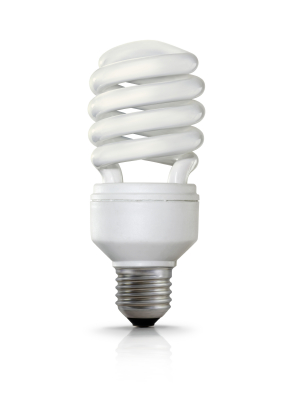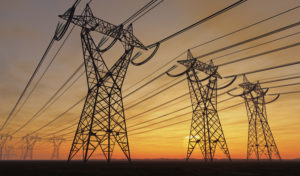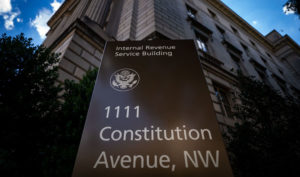
Members of Congress debate consumer choice issues raised by efficiency standards for light bulbs and appliances.
On March 10, 2011, the U.S. Senate Committee on Energy and Natural Resources held a hearing to discuss two bills that would amend energy efficiency standards: the Better Use of Light Bulbs Act (BULB Act) and the Implementation of National Consensus Appliance Agreements Act of 2011 (INCAA).
The BULB Act, introduced by Senator Mike Enzi (R-WY), would repeal provisions of the Energy Independence and Security Act (EISA) setting light bulb efficiency standards. These provisions are scheduled to take effect on January 1, 2012. The EISA, which revises fuel economy, appliance, and light bulb efficiency standards, has reemerged as the focus in a debate about mandating efficiency standards for consumer products.
The INCAA, co-sponsored by Senators Jeff Bingaman (D-NM) and Lisa Murkowski (R-AK), would set new efficiency standards for appliances including air conditioners, clothes dryers, and dishwashers.
During the Energy Committee hearing, Kathleen Hogan, Deputy Assistant Secretary for Energy Efficiency at the Department of Energy (DOE), argued that energy efficiency standards offer “significant savings” for consumers. Later, Senator Rand Paul (R-KY) strongly criticized the DOE’s role in mandating such standards for light bulbs as an “affront” to a consumer’s “freedom of choice.”
Some commentators would agree with Sen. Paul that light bulb efficiency regulations are unnecessary, claiming consumers would choose the most cost-effective bulb in a competitive, unregulated market. Others might well say that a rant about light bulbs “exudes more heat than light.”
Both the BULB Act and the INCAA bills remain in Committee.



